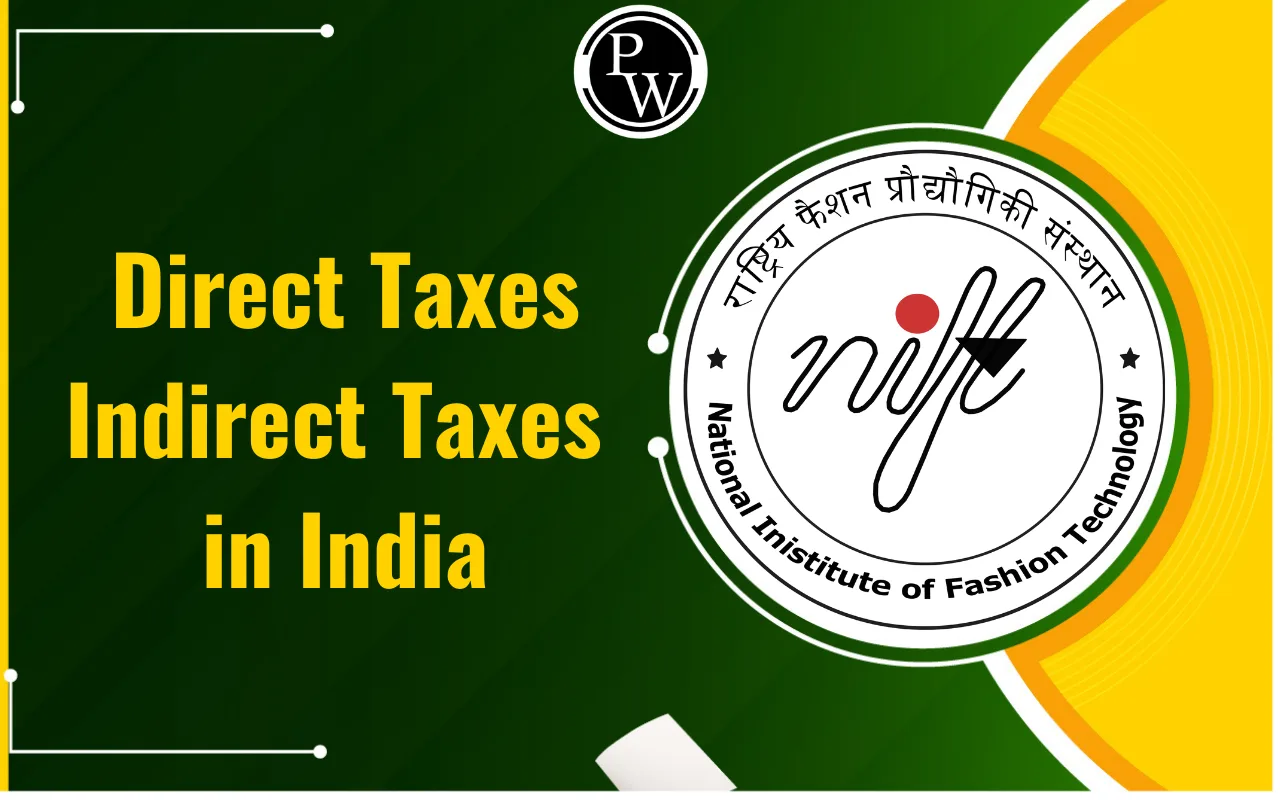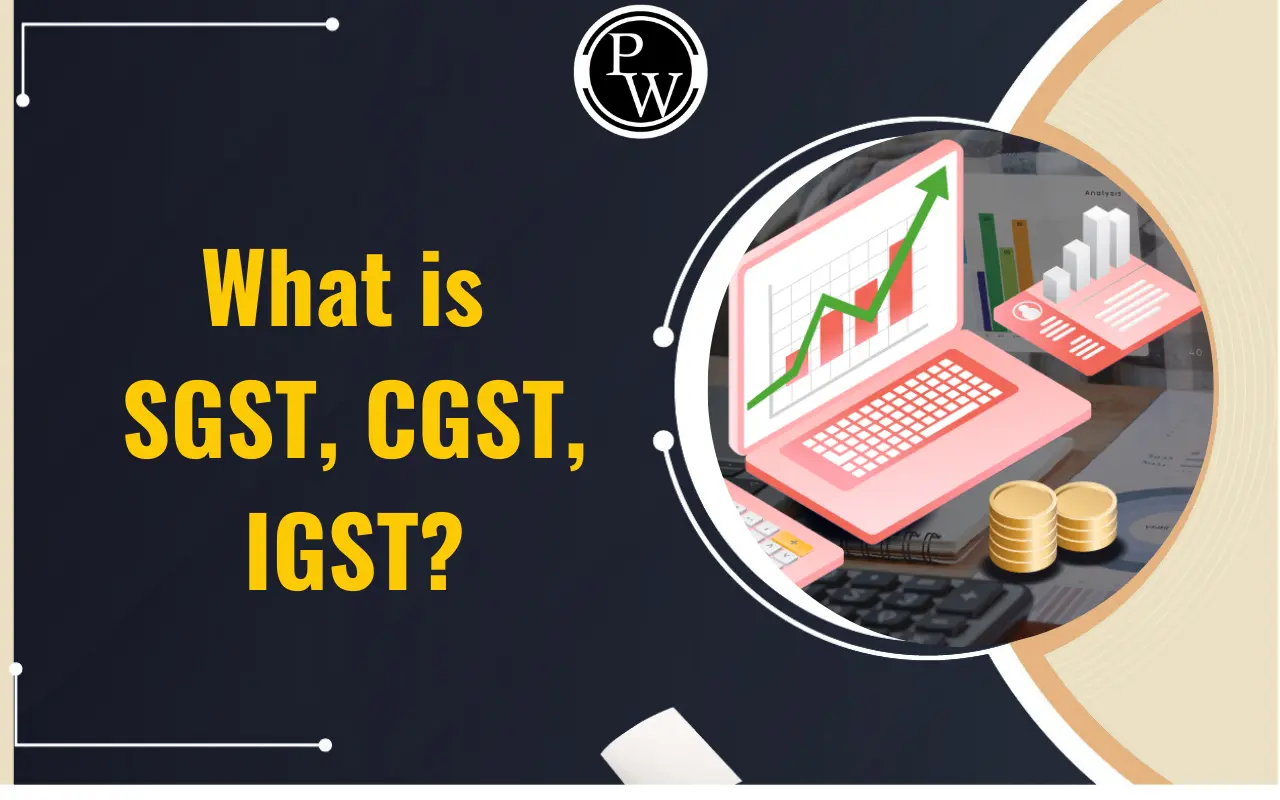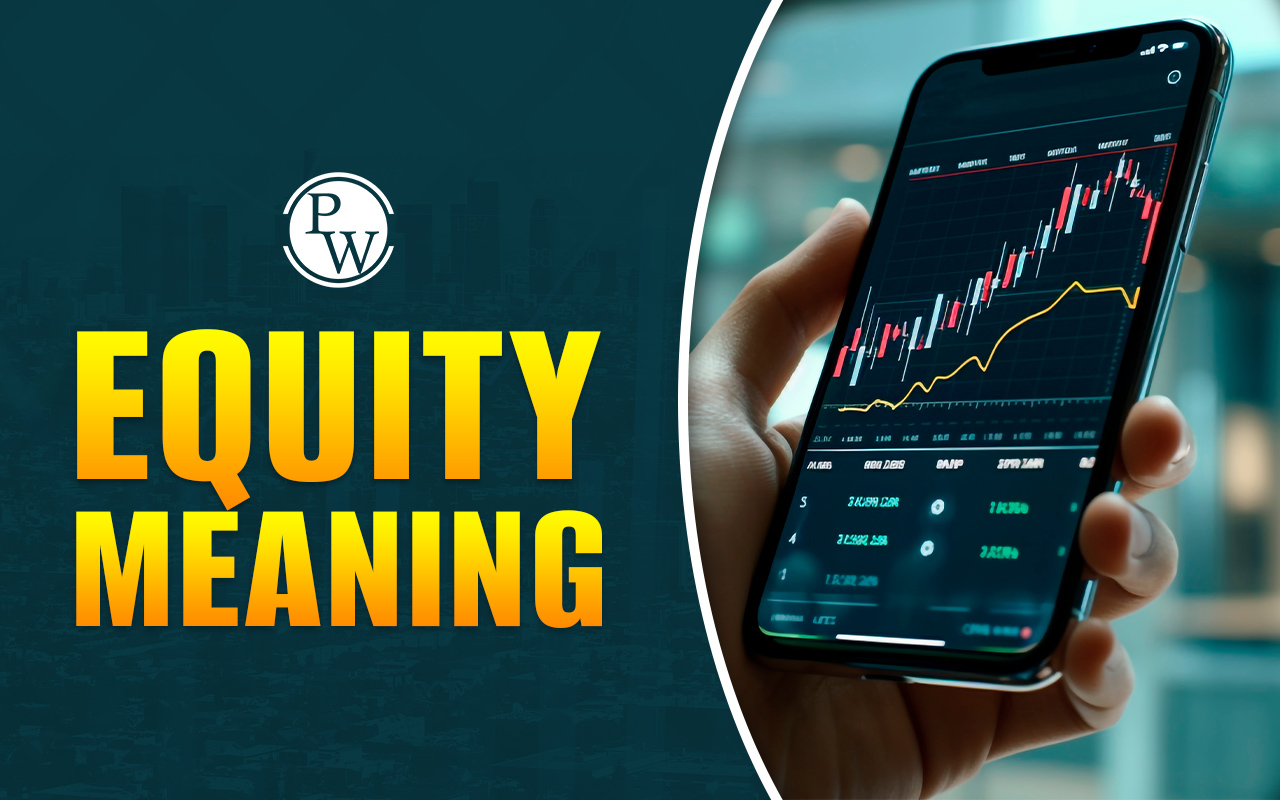
Tax Advisors are experts in every aspect of taxes. A tax advisor who has undergone professional development to become an expert in tax affairs is sometimes mistaken for a tax accountant. Tax advisors manage taxes for people, businesses, organisations, or government agencies. You will keep to HMRC's tax regulations and concentrate only on taxes in your role, compared to an accountant who handles all financial matters. A tax advisor's training and experience are more specialised, allowing them to offer their clients continuous and long-term tax advice, even though accountants also prepare and file taxes for their clients.
Tax Advisor
Tax advisors, often known as "tax consultants," provide both people and corporations with a range of tax advisory services. Professional tax advisors help people in effectively navigating the tax rules and regulations that affect their finances, from filing tax returns to estimating past due tax payments and defending clients during audits.
Tax Advisor Job Role
Your job and the organisation you work for will decide your specific duties and responsibilities as a tax advisor, but generally speaking, you might be performing the following tasks:
-
Creating tax returns for registered companies and sole proprietors.
-
Giving guidance on tax planning.
-
When it comes time to file taxes, it supports clients in saving money.
-
Making yearly tax-related strategies that consumers follow throughout the year.
-
Preventing customers from paying more than is required.
-
Making sure clients fulfil the quarterly and annual tax due dates.
-
Giving clients advice on the effects of tax laws and responsibilities.
-
Communicating with HMRC on behalf of a customer.
-
Collecting and compiling data in close collaboration with clients.
-
Tax liability calculation and limitation.
-
Giving clients advice on VAT, customs, and taxes.
-
Creating presentations and reports for customers.
-
Providing consultancy services.
Read More - Top Tax Associate Interview Questions 2025
How to become Tax Advisor
Here are the main steps you'll probably need to follow to become a tax advisor, while the specifics will vary depending on your background and personal journey:
1. Consider a degree
Associate's, bachelor's, or master's degrees in accounting, business, finance, or a similar field are usually acquired by tax advisors. Here are some things to expect from each degree program as you think about what path you'll follow to become a tax advisor:
-
Associate Degree
You can learn how to analyse financial data as well as the specifics of business law and accounting rules by enrolling in an associate degree program in accounting or a similar field. These courses are finished in two years.
-
Bachelor's Degree
When hiring tax consultants, most businesses choose applicants who have at least a bachelor's degree. One may be interested in obtaining a bachelor's degree in accounting, business, finance, business administration, business tax, or a similar discipline.
-
Master's Degree
Master's degree programs can educate you in a particular tax specialisation and introduce you to more complicated tax concerns, such as international taxation.
2. Gain the right skills
You need to be very good at communicating and possess a good understanding of accounting, algebra, and tax law to work as a tax advisor. The following are some of the skills you should think about developing to enter the field:
-
Mathematical skills: A solid grasp of numerical reasoning is necessary for employment as a tax counselor. Analysing financial data is necessary for spotting mistakes or issues.
-
Accuracy and attention to detail: Since errors can cost clients money, you must be careful.
-
Strategic thinking and problem-solving skills: You will look at the financial information of your clients and use your strategic thinking skills to find ways that they can improve their earnings or save money. You will find answers for clients by applying your problem-solving skills.
-
Computer and software skills: You'll need to be familiar with several accounting-related software applications, such as databases, spreadsheets, and accounting and taxation software.
-
Verbal communication: Taxes can be complicated. When speaking with clients about sensitive financial issues, effective communication skills are important.
Read More - What is a Tax Analyst? Salary and responsibilities
3. Get relevant work experience
You can better prepare for a career as a tax counsellor by gaining work experience in a relevant sector. Experience as a financial assistant, financial examiner, auditor, accountant, or other finance professional can be included. Working as an intern is another way to obtain the required experience.
4. Consider credentials
Your chances of landing a job as a tax counsellor might be improved by obtaining several credentials. While many businesses will probably require certain qualifications (like PTIN and ATA), others (like EA and CPA) are rarely necessary but do create new work options. Here is a quick summary of the most common credentials, certifications, and certificates that you will come across in your work as a tax advisor:
-
Enrolled Agent (EA)
The Enrolled Agent certificate is issued by the IRS. It enables an EA to represent a taxpayer in front of the IRS. Attorneys and CPAs may also attend IRS meetings on behalf of their clients.
-
Certified Public Accountant (CPA)
Being a certified public accountant (CPA) might boost your reputation due to the necessary training. A bachelor's degree in accounting or a related discipline and passing the American Institute of Certified Public Accountants' (AICPA) Uniform CPA Exam are requirements for becoming a certified public accountant (CPA).
-
PTIN
If you want to prepare taxes for clients, you must obtain a preparer tax identification number (PTIN). Before completing any federal tax returns, the IRS has required that all paid tax return preparers obtain a PTIN.
-
Accredited Tax Advisor (ATA)
Its qualification allows you to prepare taxes for complicated situations, including estate taxation, high net worth people, and retirement planning. You must have five years of experience to take the test. ATA status may be necessary for some positions and can improve your career prospects.
5. Apply for state licensure (if required)
A state license is required if you wish to work as a tax counsellor, even though not all of them are certified public accountants. Before you can advertise as a certified public accountant in a state after taking the CPA exam, you need to be licensed by the state board of accountancy. States have different standards, so be sure to verify and make sure you're taking all the necessary actions.
6. Continue your education and training
Maintaining your CPA certification and licensing, as well as your EA certification, requires you to take continuing education courses throughout your career. It's also a good idea to constantly take relevant courses and other development opportunities to maintain your tax advisor skills up to date.
Tax Advisor vs Tax Consultant
Their working styles, areas of expertise, and types of work are different. Here are some differences given below:
Timing Difference
Long-term collaborations are the main focus of advisory services. The scope of consultant services is limited and project-based.
Type of Work
Counselling services offer general support and helpful direction. Consulting services concentrate on finding solutions to precise, well-defined issues.
Nature of Work
An advisory service is an important tool for identifying issues that might harm clients. Consultant services swiftly address current problems regardless of their flexibility.
Which is Better?
Advice allows more specialisation and a better work-life balance, whereas consulting may be better for getting broad experience, quicker growth, and more exit options. Your choices and professional goals will determine which option is "better."
Organisations can benefit from both consulting and advising services, but in different ways. The goal is to match the appropriate level of knowledge to the business's current requirements.
Tax Advisor Salary
A tax advisor's annual salary in India normally falls between 1.8 and 11.7 lakhs, with an average of 16,000 approx a month. Experienced professionals may make up to ₹2.4 million yearly, while entry-level jobs might start at about ₹675,000 approximately.
Build Your Career with a Certificate Program in Accounting, Taxation, and Finance
The objective of the PW Certificate Program in Finance, Tax, and Accounting is to provide you with the skills, information, and practical experience you need to succeed in the field of accounting. This four-month hybrid program, taught on weekdays in recorded and live lectures, contains practical case studies guided by PwC India.
FAQ
Is a background in law necessary to become a tax consultant?
What is another name for a tax advisor?
Is a tax advisor an accountant?
What is the role of a tax advisor?










